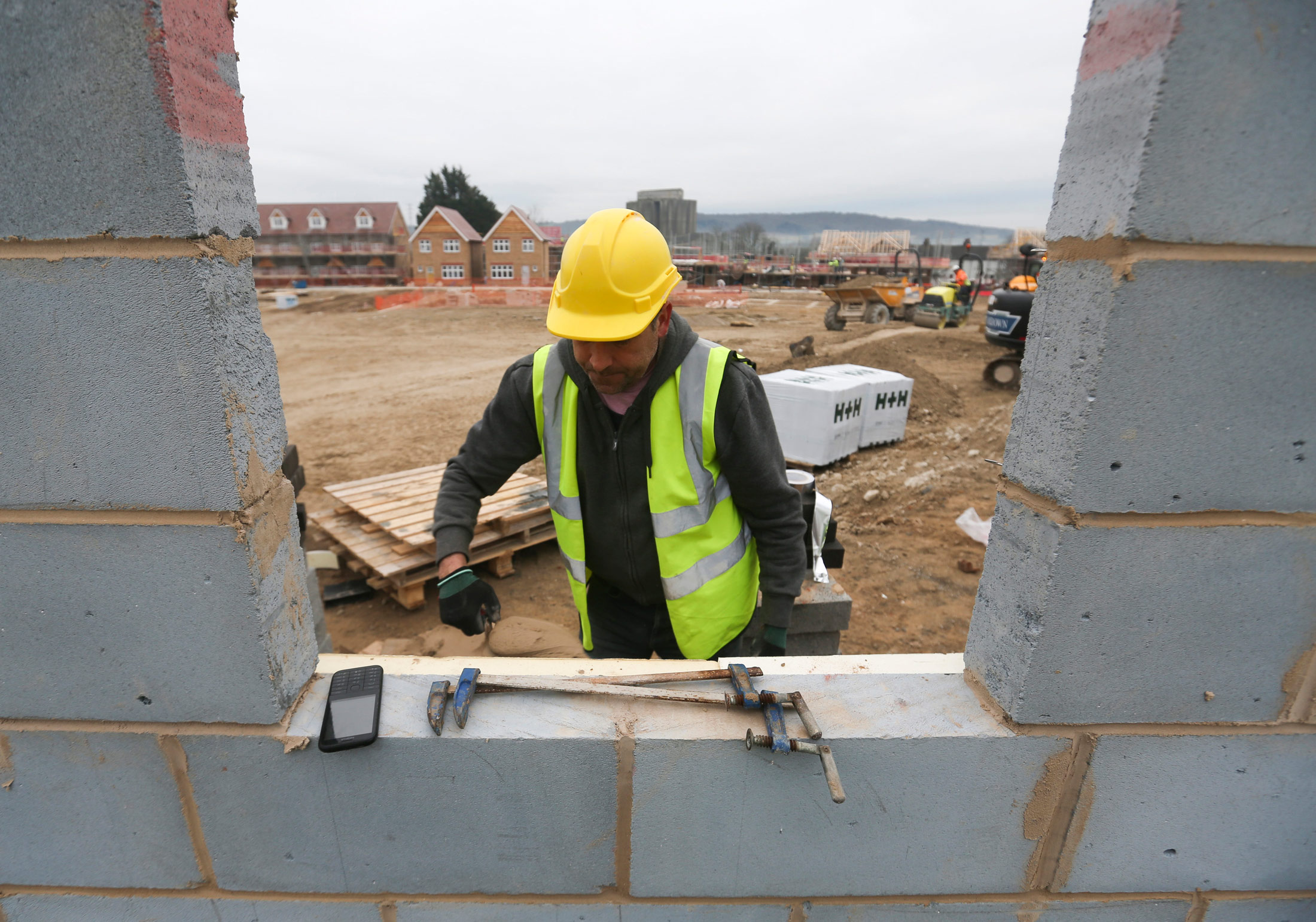- Construction Experts Canvass Govt’s Support for Industry Growth
Experts in the built environment have called for government’s support to help boost growth in the construction industry.
The 1st Vice President, Nigerian Institute of Building, Mr. Kunle Awobodu, said lack of government commitment was a major factor working against the growth of the building construction industry in the country.
Awobodu spoke at the 2017 annual lecture of the Property and Environment Writers’ Association of Nigeria in Lagos, with the theme, ‘The role of the construction sector in post-recession Nigeria’.
He said, “The Nigerian government gives more support to foreign construction operators than the local ones. Infrastructure is a major determinant of development and if government policies are not tilted to favour construction, which is a determinant of development, the nation is going to slip back into recession.
“Many nations’ development is tied to construction; this industry is the determinant of development in any nation. Government should take investments in the construction industry serious; recession can re-occur due to our human errors; and until the citizens and government learn to make use of the local construction operators, the industry may not record significant growth.”
The Founding Partner, M. I. Okoro and Associates, Dr. Meckson Okoro, said foreign construction firms being given most of the contracts in the nation ended up repatriating all the profits back to their home countries.
According to Okoro, this has resulted in capital flight, which he described as injurious to the nation’s economy.
The President, Nigerian Society of Engineers, Mr. Otis Anyaeji, noted that most projects in the country had become mere processes because of lack of adherence to completion dates.
Anyaeji, who was represented by the Ikeja Branch Chairman of the NSE, Mr. Akintayo Akintola, said the conditions for the award of contacts were usually deliberately made difficult in order to eliminate local professionals.
According to him, this makes the local content law designed to encourage the participation of indigenous engineers and other professionals irrelevant.
The President, Nigerian Institute of Quantity Surveyors, Mrs. Mercy Iyortyer, who was represented by the Executive Secretary, Mr. Jide Oke, noted that the attitude of the political class was the cause of the economic recession and other challenges being faced by the country.
“Infrastructure is very critical to construction and as we come out of recession, we must deal with the issue of power. Infrastructure deficit in the nation is huge, and the private sector must drive the industry to speed up development. Construction is very important, it is the barometer to measure the growth of any nation,” she said.

 Forex3 weeks ago
Forex3 weeks ago
 Naira3 weeks ago
Naira3 weeks ago
 Billionaire Watch3 weeks ago
Billionaire Watch3 weeks ago



 Naira3 weeks ago
Naira3 weeks ago






 Naira2 weeks ago
Naira2 weeks ago




 Naira2 weeks ago
Naira2 weeks ago




 Naira4 weeks ago
Naira4 weeks ago






 Naira1 week ago
Naira1 week ago












